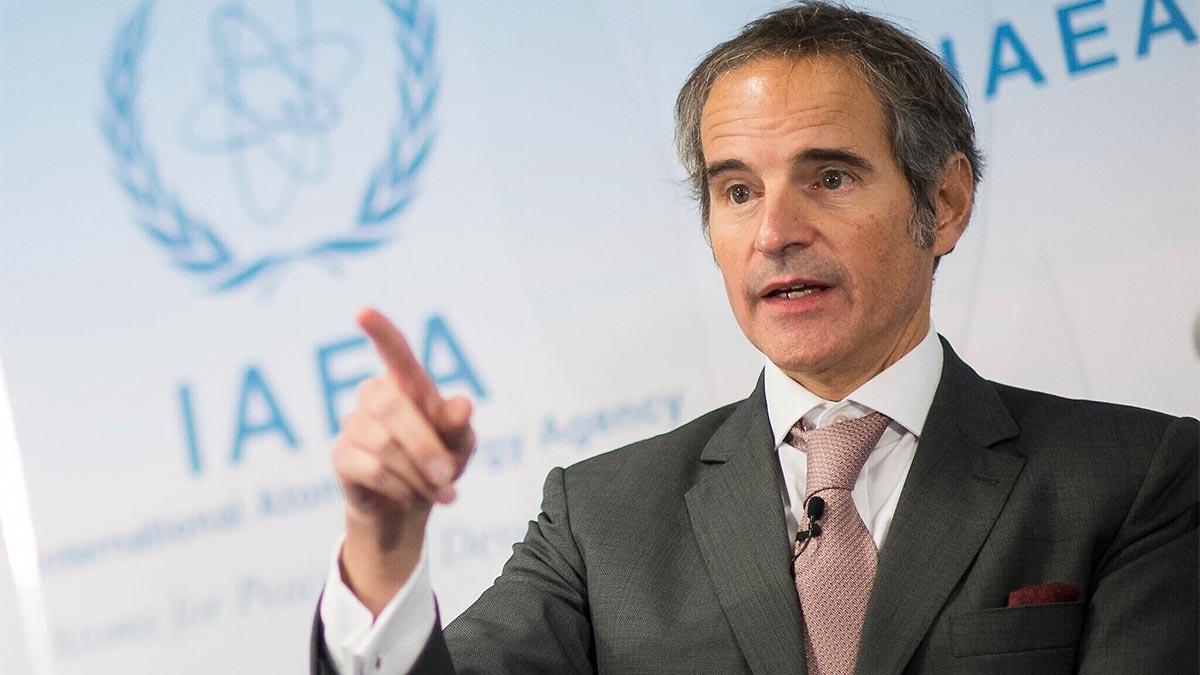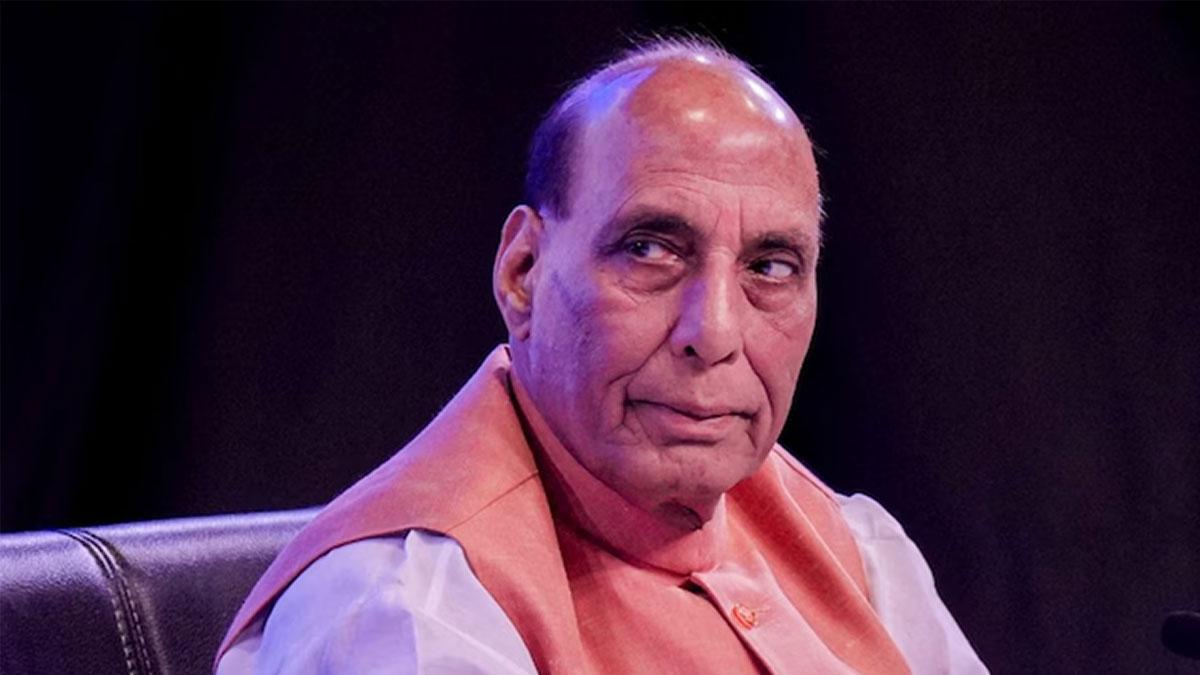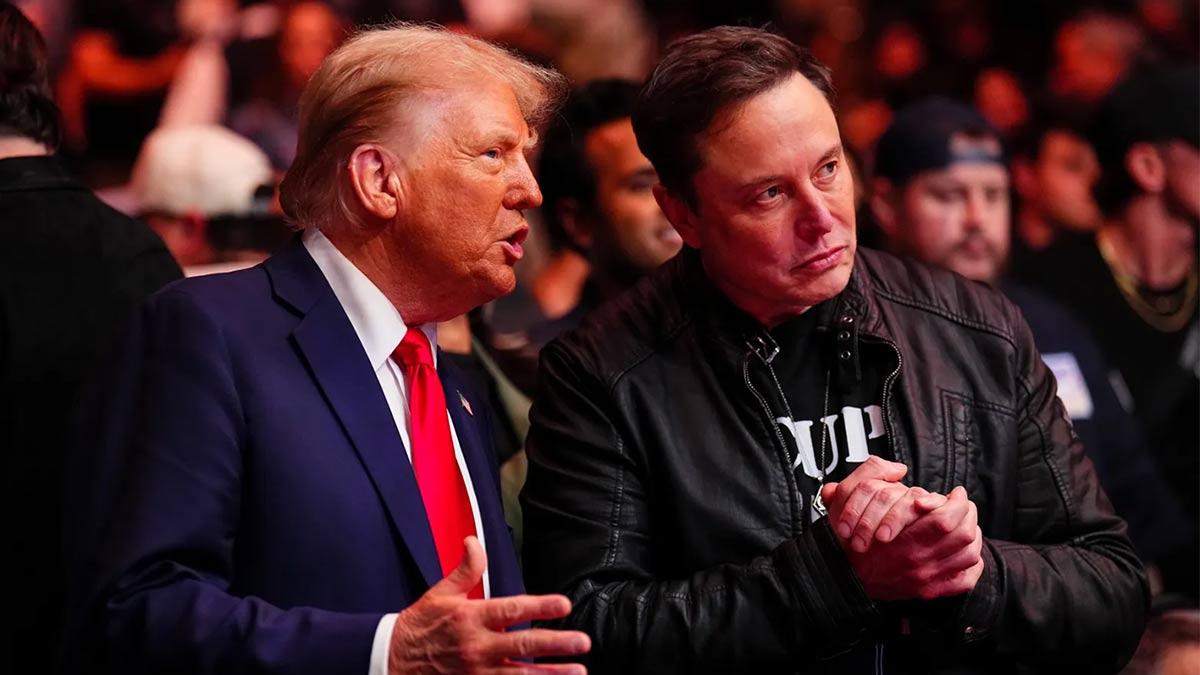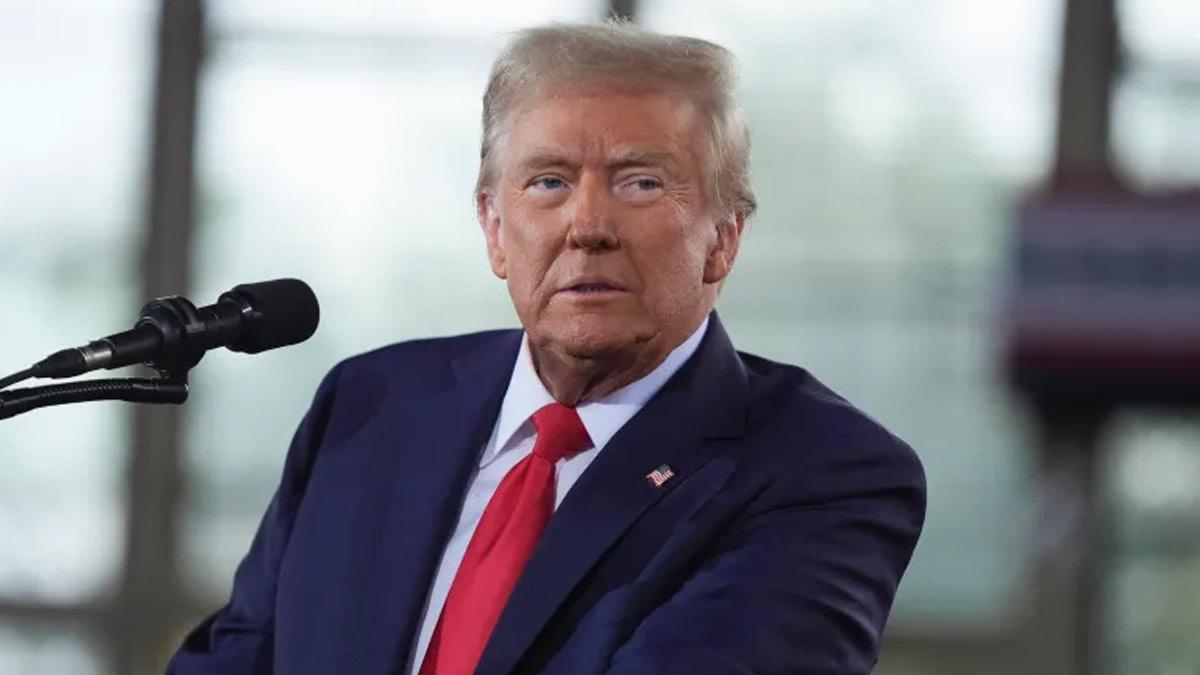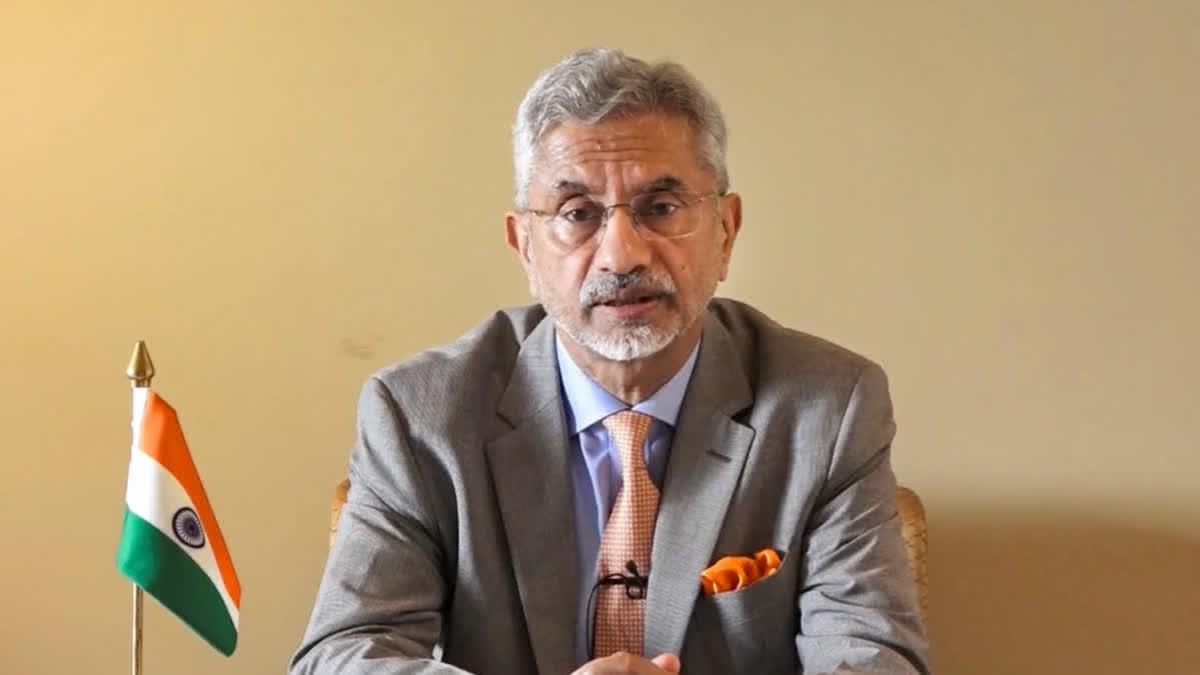Amid increasing fears over lost uranium, Iran's United Nations ambassador Amir-Saeid Iravani reiterated on Sunday that Tehran's uranium enrichment program would be pursued uninterrupted.
Highlighting the peaceful purposes behind the program, Iravani noted that Iran is well within its rights under the nuclear Non-Proliferation Treaty (NPT).
The enrichment is our right, an inalienable right, and we want to exercise this right," he said to CBS News, reaffirming that Iran's nuclear program is for energy purposes. The hint of willingness to negotiate anew, Iravani emphasized nevertheless that Iran does not accept any kind of pressure or imposed terms. "Unconditional surrender is not negotiation. It is dictating the policy toward us," he insisted.
The envoy added that Tehran is still willing for the dialogue, but the situation after recent military attacks is not good for constructive talks. "Tehran is prepared for the negotiation, but after this aggression, it is not a good condition for a new round of the negotiation and there is no invitation for negotiation and meeting with the president," Iravani said.
His remarks follow a string of Israeli air raids on Iran's nuclear facilities, with Israeli leaders citing the possibility that Iran was about to develop a nuclear weapons capability.
Responding to international safety issues, Iravani refuted any threat by Iran toward Rafael Grossi, Director General of the International Atomic Energy Agency (IAEA), or any other IAEA staff. In earlier incidents, Tehran had blamed the agency's staff for helping Israeli justifications for strikes on Iranian sites. Nevertheless, Iravani reiterated that "There is no threat," and also confirmed that Iran's parliament had suspended cooperation with the IAEA.
At present, though inspectors from the IAEA are in Iran, they have been kept away from nuclear facilities. "They are in Iran, they are in safe conditions, but the activity has been suspended. They cannot have access to our site … we assess that they have not done their jobs," Iravani declared.
When asked why Tehran refused a diplomatic solution, Iravani condemned the US, mentioning ultimatums in the past under the Trump administration. "The US is setting policy for us. If they are prepared to negotiate, they will see us prepared to do the same. But if they want to impose on us, it is not possible to have any negotiation with them," he said.
During the same interview, Iravani also indicated that Iran would be willing to send its cache of enriched uranium abroad if a deal with Washington were possible. In his view, the transfer of 20% and 60% enriched uranium would not be a red line. Alternatively, he went on to say, the material could stay under IAEA surveillance in Iran. However, Iravani insisted firmly that Iran would never abandon its right to enrich uranium at home — something that remains unacceptable to America.
The diplomat spoke just days after IAEA chief Rafael Grossi told CBS News that the latest attacks had inflicted "a very serious level of damage" and warned that Iran could begin large-scale enrichment within months.
Read also| China Calls for Patience on Border Dispute with India, Open to Talks on Delimitation
Read also| Elon Musk Threatens to Launch ‘America Party’ If Trump’s ‘Big, Beautiful Bill’ Passes

